Learn about National Parents Day which is celebrated on the second Sunday of July. Let’s find out quotes, wishes, activities and history of this day.


Learn about National Parents Day which is celebrated on the second Sunday of July. Let’s find out quotes, wishes, activities and history of this day.

Learn all about Kargil Vijay Diwas celebrated on 26 July to mark India’s victory over Pakistan in Kargil War under Operation Vijay in 1999.

Learn about National Thermal Engineer Day that is observed on 24 July. We discuss its objectives, significance, theme and related quotes.

Pi Approximation Day is celebrated on 22 July every year. It is different from Pi Day, which is observed on 14 March. Let’s learn its significance.

Learn the difference between words fiance and fiancee. It is easy to choose when it comes to fiance vs fiancee (or fiancé and fiancée as French will say)
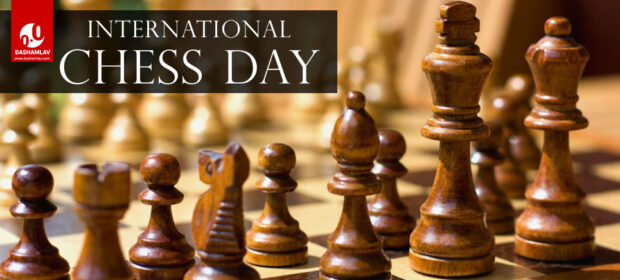
International Chess Day has been recognized by the UN as World Chess Day. It is observed on 20 July. Learn about its objectives, history and importance.

Learn about Mandela Day celebrated on 18 July. We discuss the theme, relevant quotes, objectives and significance of the Nelson Mandela International Day.
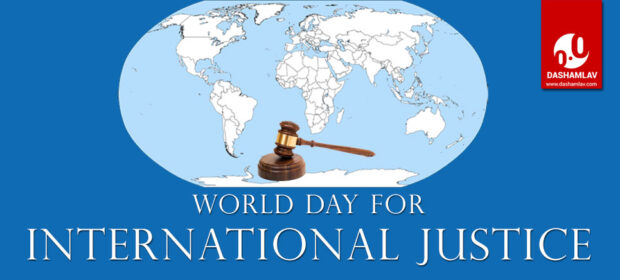
Learn about the World Day for International Justice, its theme, related quotes, history, objectives and significance of Rome Stature and International Criminal Court.

Learn about the World Snake Day which is observed on 16 July every year. We discuss the day’s history, objectives, theme, importance and some interesting facts about snakes.

Learn about World Youth Skills Day which is celebrated on 15 July every year. We also discuss the history, objectives and importance of this day.
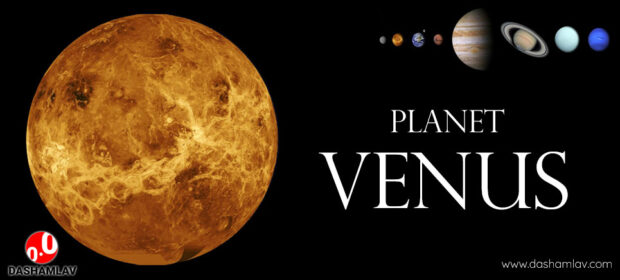
Learn fact about Venus, the twin sister planet of Earth. We also tell you the distance of Venus from Sun, transits, mass, gravity, temperature, and length of day, year etc.

Learn about United Nations Security Council and its functions. We also discuss the history, president, membership and quick facts about the UNSC.
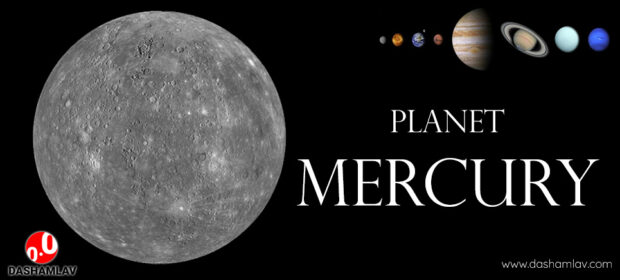
Learn interesting facts about planet Mercury. It is the smallest planet in the solar system and also closest to the Sun.
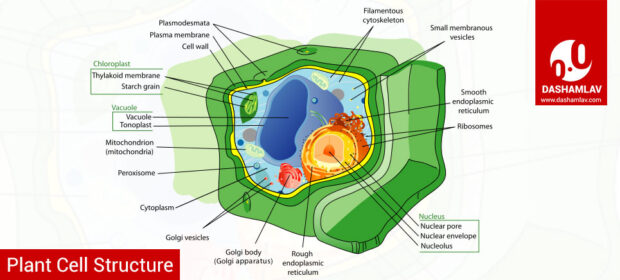
Let’s learn the difference between plant and animal cells. Cell wall, chloroplast, plastids, cilia, shape and nutrition form the basis of some of the fundamental differences.

Learn about the history and functions of the United Nations General Assembly. We also explain how UNGA gives membership and votes of resolutions.
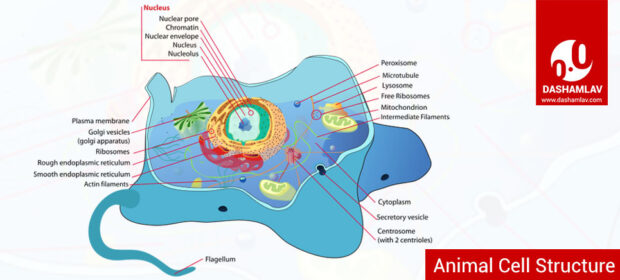
Learn the important differences between cell membrane and cell wall. Both of these are part of cell structure. Cell membrane is also called plasma membrane.
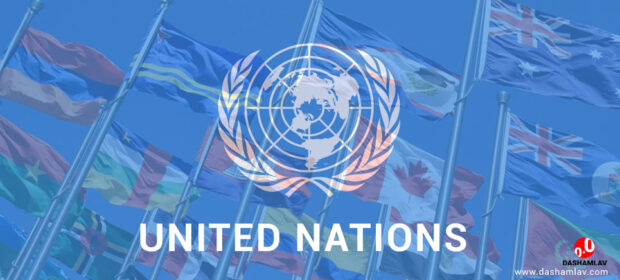
Learn about the main organs of the United Nations: The General Assembly, The Security Council, The Secretariat, The Economic and Social Council (ECOSOC), The International Court of Justice, The Trusteeship Council

Learn about the typical structure of plant and animal cells. Some cell parts are common between both and some parts are found only in animal or plant cells.
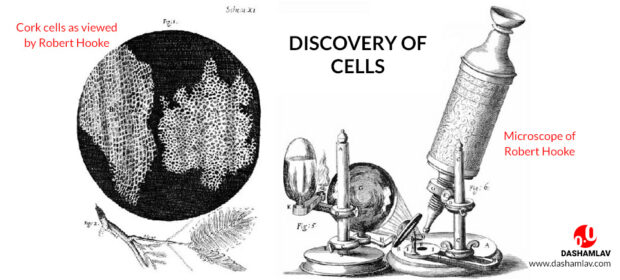
Cells, the units life, were discovered by Robert Hooke. Let’s learn the story behind the discovery of cells and cell organelles like chromosomes, mitochondria etc.

Learn about the meaning of veto power and its history. France, China, Russia, UK and USA are veto holding countries in the United Nations Security Council.
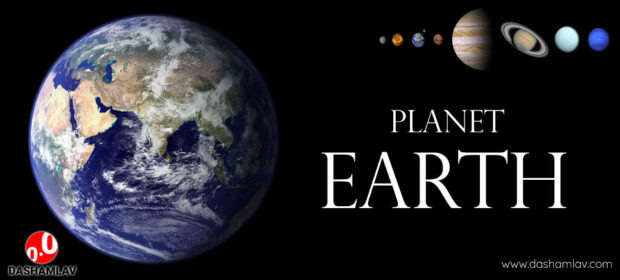
Learn interesting facts about planet Earth including Earth’s age, mass, size, temperature, distance from Sun, composition. highest and lowest points etc.